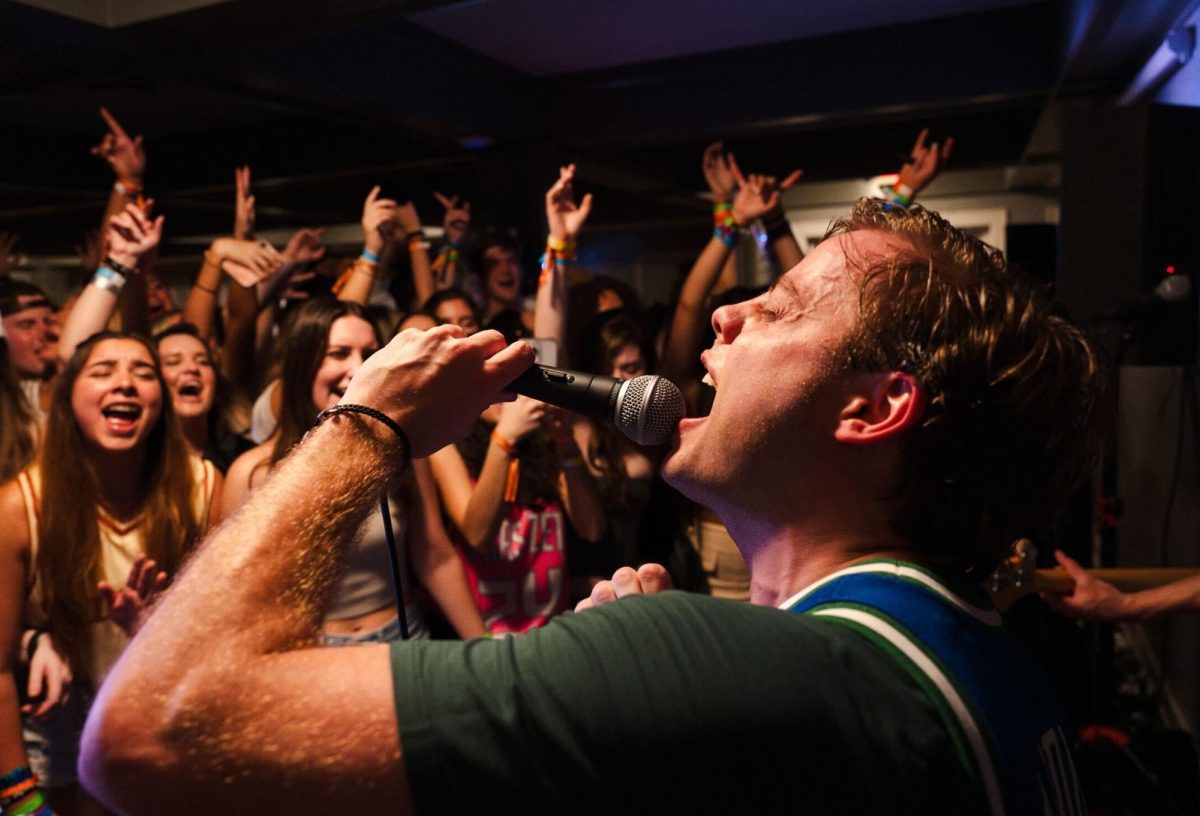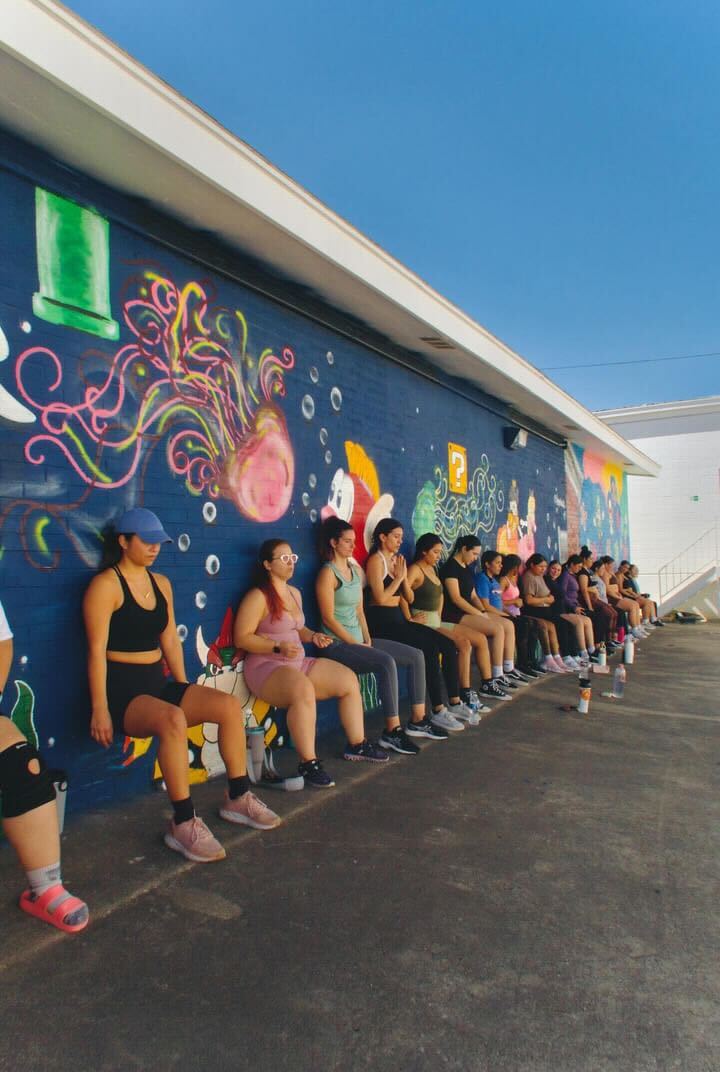In his latest book, “The Terror Years,” Austinite Lawrence Wright explores the evolution of jihadism in the Middle East. The Pulitzer prize-winning journalist will visit BookPeople Monday to discuss his findings. The Daily Texan spoke with Wright about his newest book and his experiences as an investigative journalist.
The Daily Texan: You’ve gone and spent time living among conservative Muslims in Saudi Arabia. Did that change the way you understand unrest in the Middle East?
Lawrence Wright: I went there and they wouldn’t let me in as a journalist. I had to take a job, and I spent three months living in Jeddah, which is Bin Laden’s hometown, mentoring young Saudi reporters. They taught me so much more than I could’ve learned about their culture if I’d just been there as a reporter. One of the things that I learned is that there’s so many things that cause people to radicalize and maybe become terrorists — although this wasn’t true of any of my reporters — but I think depression maybe is a factor in the Muslim world because lives are so squelched and young people have so few opportunities. I remember one of my reporters did a story about a study of depression that came out of Abdulaziz University, where bin Laden went to school. Most of those kids showed symptoms of depression, which is shocking in any culture, but in a strict Muslim country, where suicide has a total taboo on it, it’s really surprising.
DT: In your book, “Going Clear,” you write about Scientology and some of their more radical beliefs. Religious radicalism seems to be a common theme in many of your works. What attracts you to this topic?
LW: I have always been intrigued by the idea that religious beliefs are more consequential in people’s lives than our political views. My observation is that you can have very strong political views but it might not affect your behavior at all. But if you have powerful religious beliefs it probably determines how you live your life, and yet as reporters we tend not to honor that. I think because reporters are skeptics by nature. There’s a little bit of embarrassment talking about religious belief. I had been a pretty pious teenager, so I understand the attractions and the trap that religion can be. Having had that experience, I think I’m more interested than other reporters might be.
DT: Given your religious background, was it easier to be sympathetic to the strong religious beliefs of your subjects?
LW: I suppose I’m sympathetic. I’m more likely to honor their belief system than perhaps another reporter. Not that I agree with them, but I think beliefs are incredibly powerful in determining human behavior and I think it’s an underexplored world for journalists. There was an additional factor with the Scientology project which was that we were beset by legal threats constantly. The attempt to be fair was augmented by the threat to be sued. That was very much on my mind. But it was a minefield of tricky areas to negotiate so I could say what I really believe without inviting any litigation.
DT: Kids entering high school today were born after the events of 9/11 — it’s history to them. What lessons will be the most essential for them to remember?
LW: The lesson to draw is that we should be cautious about wading into cultures that we poorly understand and trying to change them or topple them. These wars have gone on for longer than any wars we’ve ever fought. We’ve paid a huge price, a huge penalty, especially for our invasion of Iraq. Depending on the accounting, these wars have cost between $4 and 6 trillion dollars. It’s unbelievable — the cost to our economy — and what we did was invest that money into chaos and misery. The world is a worse place because of it. I hope that they draw that lesson. I also regret that they don’t know what America was like before the war on terror. It’s an America that’s completely gone, but I hope it won’t be forgotten, because if we forget that America, where we had a sense of liberty, community, trust, safety, I think that terrorism really will in some ways have won.














